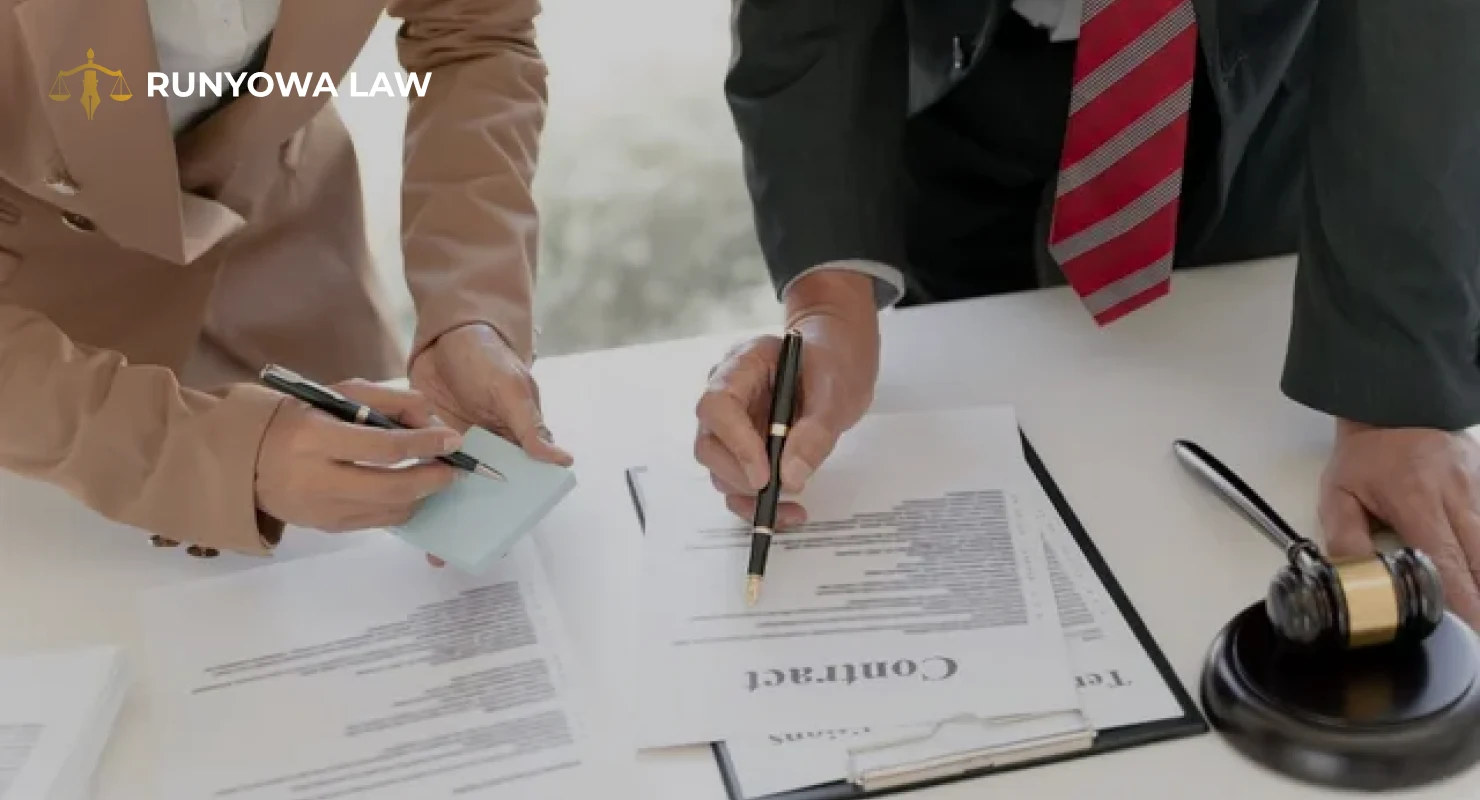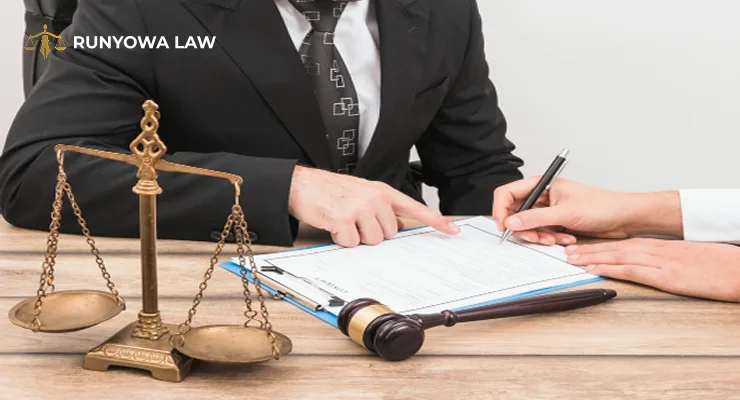Being served with a civil lawsuit can feel overwhelming. Whether it involves a contract dispute, personal injury claim, or debt collection, a lawsuit demands your attention and timely response. Ignoring it will not make it disappear—on the contrary, it may result in a default judgment against you, meaning the court automatically rules in favor of the other party.
The good news is that with the right approach and professional guidance, you can respond effectively and protect your rights. This blog outlines best practices for responding to a civil lawsuit, from the moment you receive the papers to preparing your defense.
1. Stay Calm and Read the Documents Carefully
The first reaction to being served with a lawsuit is often stress or panic. Take a breath and carefully read the summons and complaint (or petition).
- Summons: This document informs you that a lawsuit has been filed and provides a deadline by which you must respond.
- Complaint: This outlines the allegations made against you, the legal basis for the claim, and what the plaintiff is seeking (such as money damages or specific performance).
Understanding what you’re accused of is the foundation of crafting an appropriate response.
2. Know Your Deadlines
Courts impose strict deadlines for responding to lawsuits—often ranging from 20 to 30 days from the date you were served, depending on the jurisdiction. Missing this deadline can result in a default judgment, giving the plaintiff exactly what they requested without hearing your side of the story.
Mark the response deadline immediately and take steps to act well before the date.
3. Contact an Attorney
Even if the lawsuit seems straightforward, consulting with a civil litigation attorney is one of the smartest moves you can make. A lawyer will:
- Explain your rights and obligations.
- Evaluate the strength of the plaintiff’s claims.
- Help prepare an appropriate response.
- Advise whether negotiation, settlement, or a trial strategy makes the most sense.
While some individuals choose to represent themselves, having legal counsel greatly improves your chances of a fair outcome.
4. Decide How to Respond
You generally have several options when responding to a lawsuit. These include:
- Filing an Answer: This is the most common response. In your answer, you address each allegation by admitting, denying, or stating you lack sufficient knowledge to respond. You can also raise affirmative defenses (e.g., statute of limitations, lack of jurisdiction).
- Filing a Motion to Dismiss: If you believe the lawsuit is legally flawed—for example, it was filed in the wrong court or fails to state a valid claim—you can ask the judge to dismiss it.
- Counterclaims or Cross-claims: If you believe the plaintiff owes you damages or another party is responsible, you may file a counterclaim (against the plaintiff) or cross-claim (against another defendant).
Choosing the right option depends on your specific case and legal advice.
5. Gather and Preserve Evidence
From the moment you are served, begin collecting documents and evidence relevant to the case. This might include:
- Contracts, invoices, and receipts.
- Emails, messages, or written communications.
- Photographs, videos, or physical evidence.
- Witness names and contact information.
Do not destroy or alter any documents, as this can harm your defense and even result in penalties. Proper evidence preservation strengthens your position in negotiations or court.
6. Explore Settlement Options
Litigation can be expensive and time-consuming. In many cases, it may be practical to explore settlement or alternative dispute resolution (ADR), such as mediation or arbitration.
A settlement does not necessarily mean admitting wrongdoing—it can simply be a way to resolve the dispute efficiently and avoid further legal costs. Discuss settlement possibilities with your lawyer to see if this approach works for your situation.
7. Follow Court Procedures
Courts require strict adherence to filing rules, formats, and deadlines. Failure to comply can weaken your case. Best practices include:
- Filing all documents within the court’s timelines.
- Serving copies of your filings to the opposing party.
- Attending scheduled hearings and conferences.
- Dressing and behaving respectfully in court.
If you have legal representation, your lawyer will manage these responsibilities, but you should remain informed about the progress.
8. Avoid Discussing the Case Publicly
Refrain from discussing your lawsuit on social media or with people outside your legal team. Statements you make online or informally can be used as evidence against you. Protect your privacy and let your attorney handle communications with the opposing party.
9. Stay Organized and Proactive
Responding to a lawsuit is not a one-time event—it’s an ongoing process. Keep all legal documents, correspondence, and notes in one place. Maintain a calendar of deadlines and hearings. The more organized you are, the better you can support your defense strategy.
10. Prepare for Trial (If Necessary)
While many civil cases settle before reaching trial, some disputes do proceed to court. Preparation is key:
- Work with your attorney to develop a strong case theory.
- Identify and prepare witnesses.
- Review evidence and practice presenting it effectively.
- Understand courtroom etiquette and procedures.
Being prepared increases your confidence and chances of success.
Conclusion
Receiving notice of a civil lawsuit can feel intimidating, but it’s not the end of the world. By staying calm, understanding your obligations, and responding strategically, you can protect your rights and potentially resolve the matter efficiently.
The best practices include reading the complaint carefully, respecting deadlines, consulting with an attorney, considering settlement, and preparing thoroughly if the case proceeds to trial. Remember, ignoring a lawsuit is the worst response—taking timely, informed action is the best defense.




